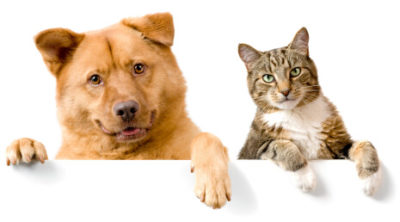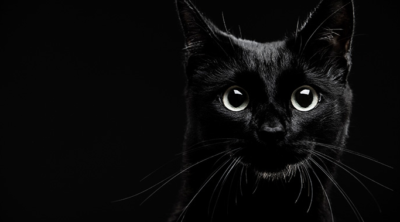
If you own a cat, then you must be highly concerned with some its health problems. Here are some questions and answers that could help you understand your cat’s health problems better.
Cats are joyous and playful companions. Many people like to own this wonderful pet. However, you need to be very careful and alert about its health and nutrition. A little negligence can lead to a serious health problem in your cat. Given below are some typical cat health queries, which can guide you to understand some possible problems.
What should be included in a cat’s diet?
By nature, cats are carnivorous and hence, a cat’s diet should be rich in animal tissue. For adequate nutrition, you should provide it with an appropriate quantity of fats, proteins, vitamins and minerals through its diet. Cats require two essential amino acids: taurine and arginine. Vitamins A, C, and Niacin; dietary proteins and arachidonic acid are required to ensure good health. Generally, cats require a protein and fat-rich diet rather than a high carbohydrate diet. All these nutrients are essential for the cat’s healthy growth and reproduction.
What are some common cat diseases?
A cat may suffer from various health problems. Some of the common health problems in cats are
- Rabies
- Dental disease
- Allergic dermatitis
- Food allergy
- Allergy due to fleas or mites
- Worm infestation
- Diabetes mellitus
- Kidney disease
- Liver disease
- Urinary tract disease
- Feline panleukopenia
- Feline immunodeficiency virus (FIV)
- Feline leukemia virus (FeLV)
- Feline infectious peritonitis (FIP)
What are the symptoms of cat rabies?
Rabies is a fatal disease in cats, caused by a virus. It is transmitted through the bite of an infected animal. This infection has an effect on the central nervous system of the cat. An infected cat develops an erratic behavior and fever spikes. Some of the main symptoms of cat rabies include excessive drooling, dilated pupils, snapping at imaginary objects, exaggerated response to any stimulus, abnormal changes in the appetite and aggressive, violent behavior. In the last stage of this disease, the cat may develop paralysis and respiratory failure, which may finally result in death.
What are the causes of hair loss in cats?
Hair loss in cats is also known as alopecia. It is one of the most common health problems that cats face. Some shedding of hair is normal in cats. But there may be excess hair loss due to glandular diseases, allergies, fleas, mites and ticks. Some of the possible causes of hair loss in cats are:
- Fleabite allergy
- Itching due to mites
- Ringworm
- Localized pain due to an abscess
- Food allergies
- Glandular diseases such as hyperthyroidism, hypothyroidism, Cushing’s disease, and psychogenic alopecia
Why do cats have bad breath?
There are a number of reasons for bad breath in cats. Some of the common causes of bad breath are ulcerations in the mouth, a foreign body stuck in the mouth as well as kidney and lung diseases.
What are the dietary needs of diseased cats?
If your cat is suffering from any type of disease, some changes in its diet must be made.
- Cats suffering from colitis or inflammatory bowel disease should be given a diet containing highly digestible sources of fats, proteins and carbohydrates.
- You should administer a high-fiber diet to cats suffering from colitis, diabetes mellitus, anal gland diseases or constipation.
- The diet of a cat with chronic kidney failure should contain highly digestible proteins.
- Cats suffering from oral and dental diseases should be given canned food.
- A special diet that is rich in beta-carotene and omega-3 fatty acids is recommended for the cats diagnosed with cancer.
What about the cat’s vaccination?
You can protect your cat from various diseases by means of timely vaccination. Most infections such as rabies, URI, FIV and FIP can be prevented by vaccination. In most cases, vaccination is administered when the cat is very young. It is recommended to give the boosters of these vaccines on a semi-annual basis. When your cat is vaccinated, you will get a certificate from the veterinarian
These were some FAQs about cats’ health. Hope they have answered the one you had in mind. Take good care of your cat and help it be healthy and happy.


